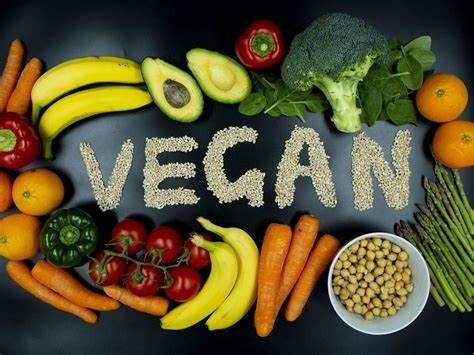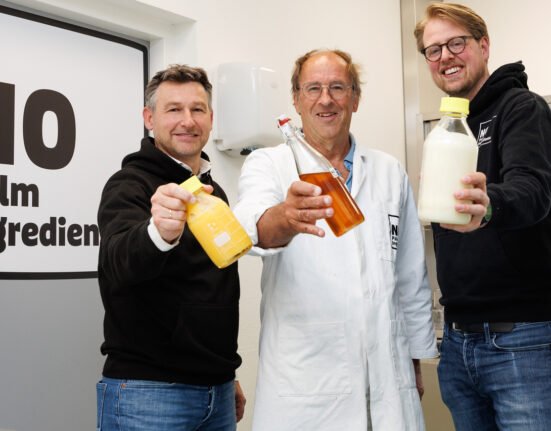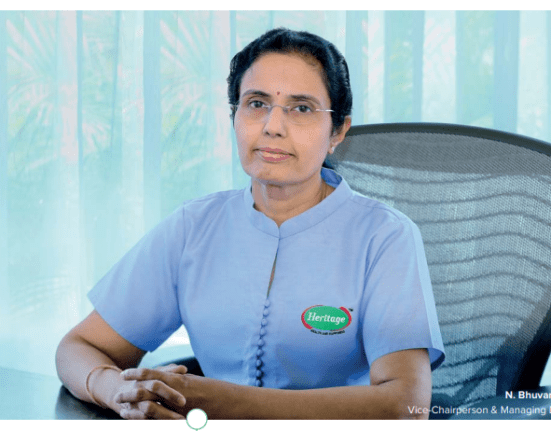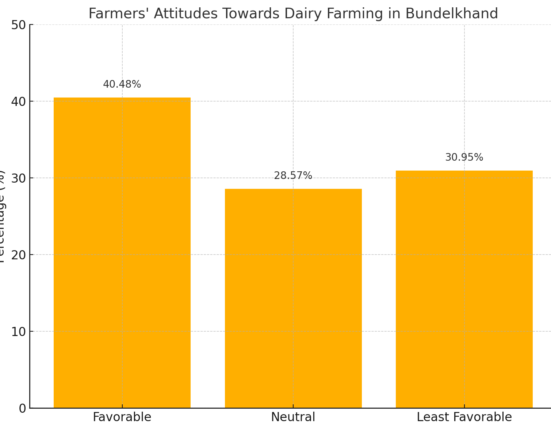Researchers issue warning over soy, oat, almond milk – they say these dairy alternatives are linked to health harm, while semi-skimmed cow’s milk has benefits.
Plant-based milk or cow’s milk: Which is healthier? Opting for plant-based dairy alternatives – such as soy milk, oat milk or almond milk – could harm your mental health, as per new research. The UK Biobank research found vegans are at higher risk of anxiety and depression because they drink plant-based milk. The research was published in the medical journal Frontiers in Nutrition. Also read | Is oat milk bad for you? Experts say moderation is key to drinking this plant-based milk alternative
What the study found
Scientists, who tracked more than 350,000 people, shattered the myth that milk alternatives are always the healthier option with their findings. They said that plant-based milk drinkers were more likely to suffer from depression than those who drank semi-skimmed cow’s milk.
They said that it was found that people who drink semi-skimmed milk were 12 percent less likely to have depression and 10 percent less likely to be anxious when taking in age, physical health and income into account. Skimmed milk was found to have no positive impacts, although consuming milk with no dairy was linked to a 14 percent increased risk of developing depression.
This may be because dairy-based milk is a rich source of calcium, which has been shown to activate pathways in the body that can boost serotonin production. The study authors said, “Milk is a rich source of nutrients such as lactose, lipids, protein, and minerals, which are essential for maintaining human health.”
‘Semi-skimmed milk may have a protective effect’
They added, “The fatty acid profile of semi-skimmed milk might provide greater cerebral [brain] protection compared to full cream milk and skimmed milk, thereby potentially reducing the risk of both depression and anxiety. These findings suggest that semi-skimmed milk may have a protective effect against these mental health conditions, presenting new prospects for dietary interventions.”
Disclaimer: This article is for informational purposes only and not a substitute for professional medical advice. Always seek the advice of your doctor with any questions about a medical condition.







